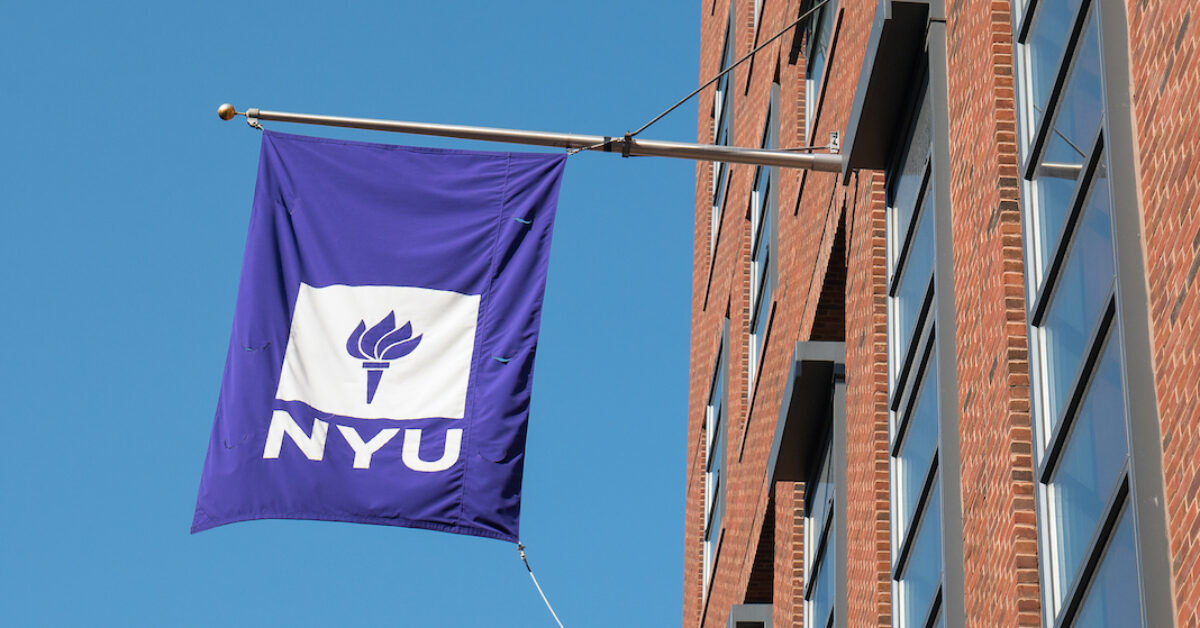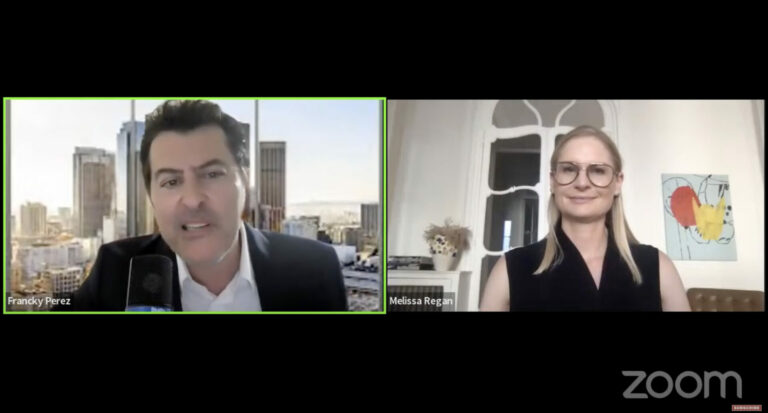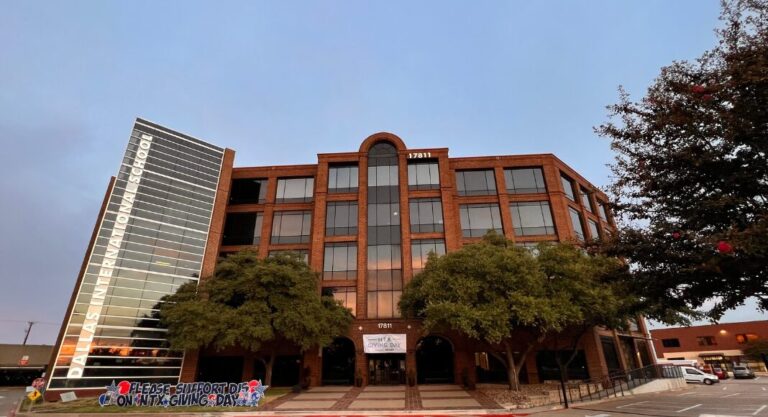New York University’s study abroad programs are hard to beat. Over the last few decades, NYU has built up an impressive roster of satellite campuses stretching from Florence to Shanghai to Buenos Aires.
But the university has become embroiled in yet another controversy over one foreign campus in particular: NYU Paris. NYU has had a foot in Paris since 1969, when it opened its original satellite campus in the 16th arrondissement, later moved to the Saint-Germain neighborhood in 2014. In addition to offering programs for upperclassmen, NYU Paris, until recently, was one of 4 campuses (including London, Florence, and Washington, D.C.) where freshmen students in the Liberal Studies program could spend a full year abroad. The First Year Away Paris students counted about 60 per year, making up approximately 20-30% of the campus.
NYU has recently announced that it plans to close this program, citing financial difficulties due to COVID-19. The closure would result in the layoff of 5 permanent faculty members, who have issued a petition to fight the decision.
Signers of the petition cite more specific reasons for the administration’s decision: namely, a bad real estate decision. In 2015, NYU moved first year students from a residence hall near République to one in the Montsouris neighborhood, which an NYU administrator admitted in a statement was, “the most costly housing facility we rented and operated at any global site.”
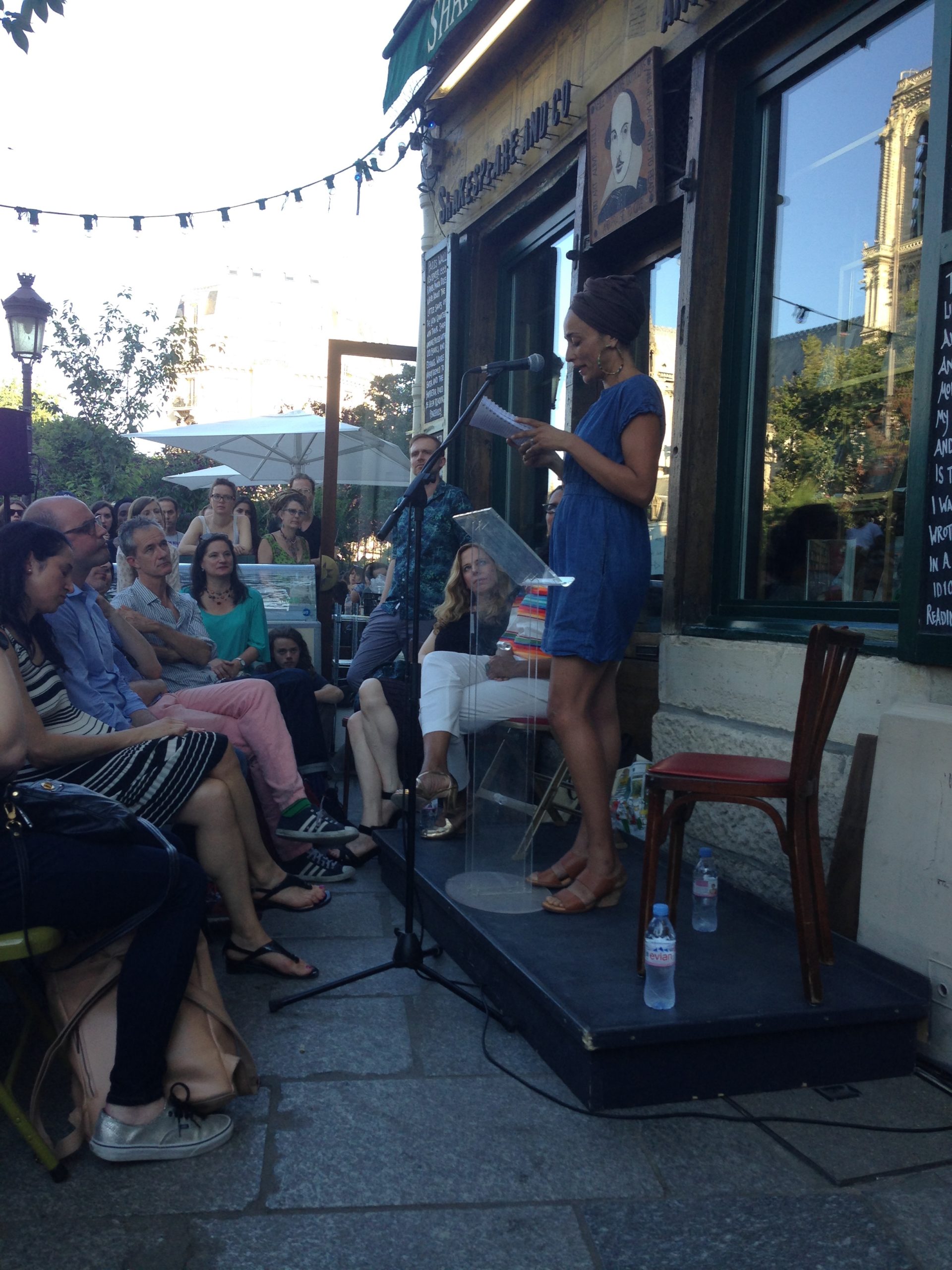
“NYU Paris administration told the elected employee representatives (of whom I am one; we’re called the ‘CSE’) that the costly residence was the one and only reason that they had to close the LS program in Paris and lay off its professors,” explained Professor Marina Davies.
Professor Davies, in addition to being one of the 5 professors facing layoffs, is also part of le comité social et économique (CSE), an elected employee representative committee. CSEs are one of the many protections that France’s famously labor-friendly culture affords employees, along with CDIs, or permanent contracts. According to French law, the 5 professors with CDIs should have the option to be assigned to classes in other NYU programs, or to be furloughed. “The French government has created a generous furlough system for employers,” explained Davies, who marked that all other NYU Paris professors had been furloughed. “So we in the CSE suggested that the administration furlough the LS professors too, instead of laying them off. The administration refused.”
It has, admittedly, been a rough year for educators, and the very concept of study abroad seems quaint when considering both travel restrictions, and the aggressive COVID-19 outbreaks on college campuses over the last few months. Undergraduate college enrollment is down 4% nationwide compared to last year, and universities are scrambling to make up the difference. NYU has had trouble upholding its reputation as a “global university,” not only because of issues with study abroad programs, but also because a large percentage of its annual income derives from international students capable of paying the $74,124 sticker price (as well as extra fees), without having to resort to scholarships or federal grants. “COVID-19 has had a very serious financial impact on NYU; we expect coronavirus-related losses and costs to be approximately $300 million in the academic year that began in September,” reads NYU’s statement.
But this has not stopped the university from opening a new First Year Away program in Europe, which will premiere in Madrid next year. “It strikes me as curious that they aren’t supporting a time-tested and beloved program like the Paris LS program, but they do have the resources to open a new program,” comments Davies.
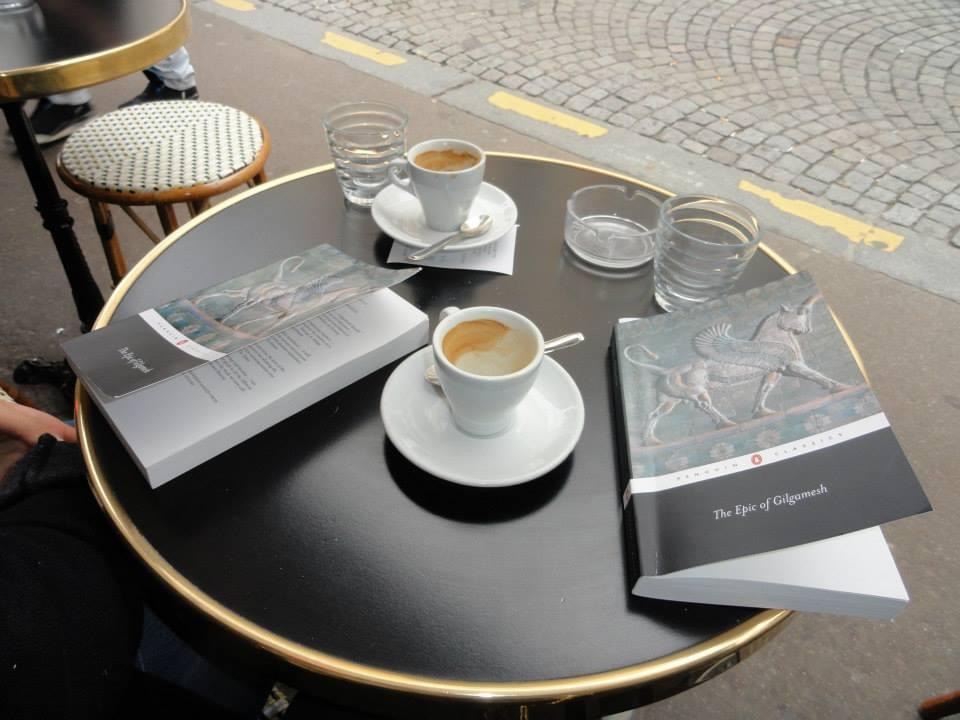
NYU claims the decision was site-specific. “The program for first year students in our Liberal Studies (LS) Program in Paris was an expensive one to operate, and in the current environment too costly to run along with many other outstanding programs in Paris.” Paris is generally considered to be one of the most expensive cities in the world to live in, coming in somewhere in the top 5 most years.
One of the things that COVID-19 has exposed about study abroad is just how much of a designer experience it can be. Universities for years have been inflating tuition prices in order to fund new facilities, programs, and added features that they believe will make them competitive in the higher education market. The NYU Paris Liberal Studies program included perks that are humbling to hear. All expenses paid weekend trips to Marseille and Mont-Saint-Michel. Thanksgiving dinner in a rented-out restaurant inside the Eiffel Tower. Trips to the Opera Bastille to see Swan Lake, or Molière at the Comédie-Française. Three-course meals at historic chateaux, wine included. And for the same price as what you would pay back in New York. The cultural experience of a lifetime? Certainly. A great hack if you’re in the know? Without a doubt. A responsible allocation of funds? Questionable.
Study abroad is a luxury, but it shouldn’t be about plying students with champagne while Nelnet racks up interest. It should be about the quality of the education, and it’s hard to guarantee that when you’re prioritizing perks over professors.
Davies sums it up best: “I think this situation is about much more than NYU Paris or even NYU as a whole; it’s also about how U.S. universities can act during this crisis as a function of their long-term academic and economic interests.”
Featured Image: Stock Photos from pio3 / Shutterstock

